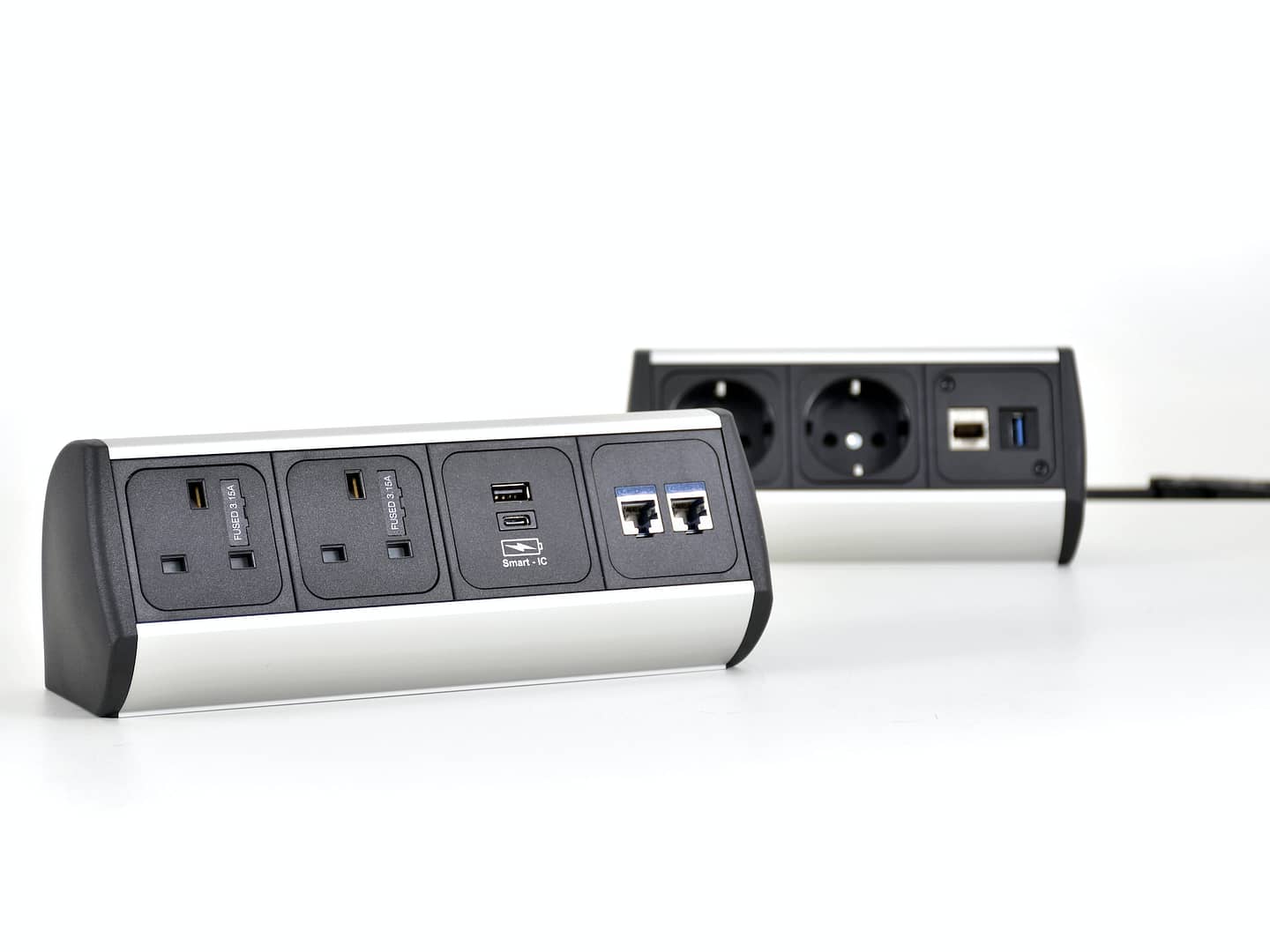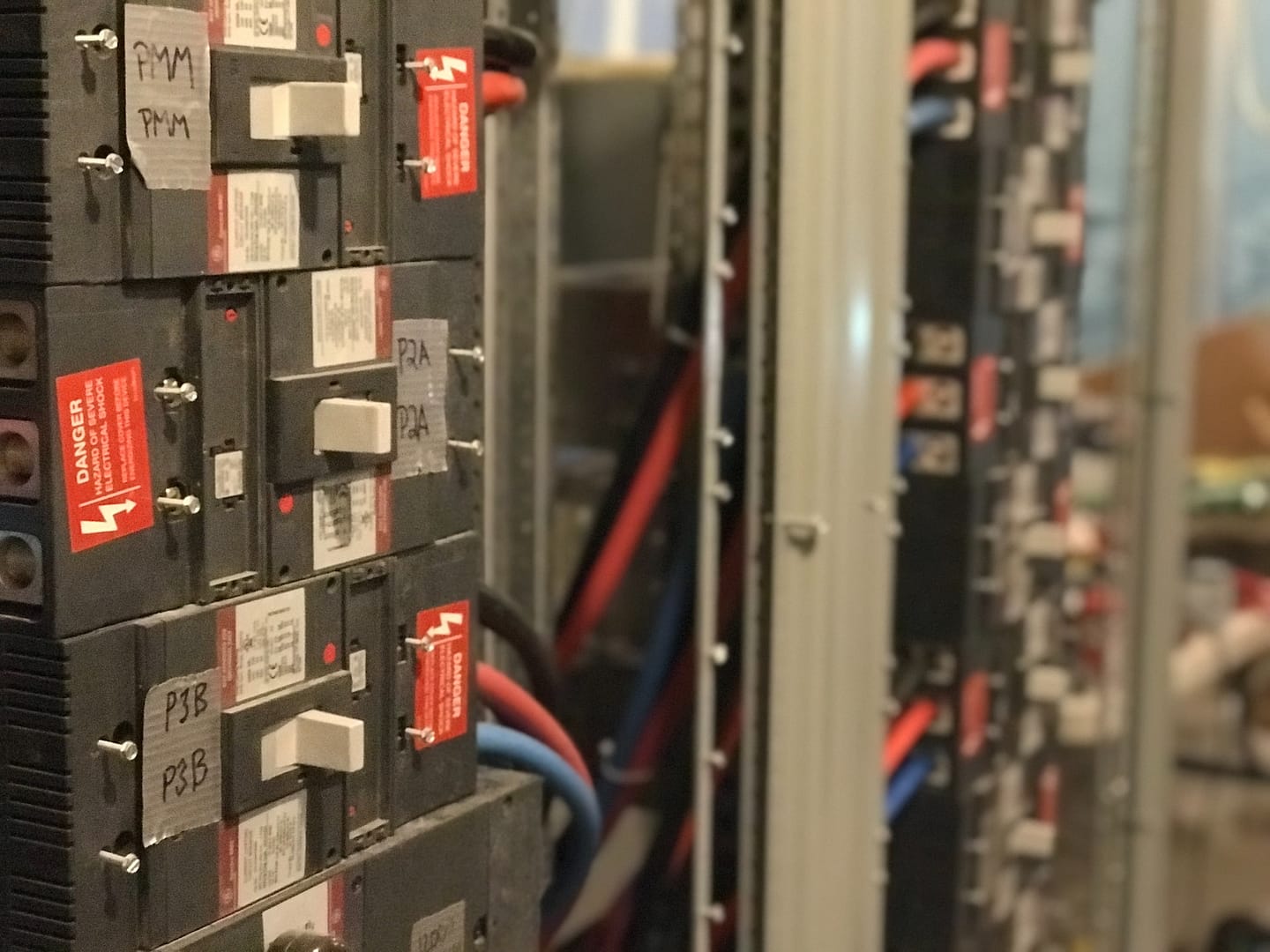Electrical accidents in the workplace can have devastating consequences, ranging from minor injuries to fatal incidents. It’s crucial to prioritise safety when working with electricity, as negligence can lead to life-altering accidents. In this article, we’ll explore the importance of preventing electrical accidents in the workplace and discuss ten essential safety rules to follow. We will also discuss your best options for making an accident at work claim.
Understanding the Risks
Before delving into safety rules, let’s understand the risks associated with working with electricity. Electricity is a powerful force that powers our modern world, but it can be equally destructive when mishandled. Electrical accidents can result from various factors, including faulty equipment, inadequate training, or simple human error.
Imagine a scenario where an inexperienced worker attempts to repair a malfunctioning electrical panel without following proper safety procedures. The consequences can be catastrophic, not only endangering the individual but also disrupting operations and potentially causing financial losses for the company.
10 Safety Rules in Electrical Work
To prevent such accidents, it’s essential to follow safety guidelines rigorously. Here are ten safety rules to adhere to when working with electricity:
Prioritise Training and Education
One of the fundamental steps in preventing electrical accidents is ensuring that all personnel receive adequate training and education. Employees should understand the basic principles of electricity, recognize potential hazards, and know how to use electrical equipment safely.
Identify Electrical Hazards
Before starting any electrical work, conduct a thorough assessment of the area. Identify potential hazards such as exposed wires, overloaded circuits, or damaged equipment. Address these issues promptly to minimise risks.
Use Personal Protective Equipment (PPE)
Personal protective equipment is a crucial line of defence against electrical accidents. Workers should wear appropriate gear, including insulated gloves, safety goggles, and flame-resistant clothing, to reduce the risk of electrical shock or burns.
De-energise Circuits Before Maintenance
Before performing maintenance or repairs on electrical equipment, always de-energise the circuits. This involves shutting off power sources, locking out/tagging out equipment, and confirming that circuits are indeed de-energised using voltage testers.
Inspect Tools and Equipment
Regularly inspect all electrical tools and equipment for signs of wear, damage, or malfunction. Faulty equipment can increase the likelihood of accidents. Ensure that tools are well-maintained and properly grounded.
Avoid Overloading Circuits
Overloading electrical circuits is a common cause of fires and accidents. Be mindful of the electrical load on circuits and avoid plugging in too many devices or appliances simultaneously. Use extension cords and power strips with built-in overload protection.
Maintain Safe Distances
Maintain a safe distance from electrical panels, transformers, and live wires. Keep a clear workspace to prevent accidental contact with energised components. Always be aware of your surroundings and potential hazards.
Use Lockout/Tagout Procedures
Lockout/tagout procedures are vital for ensuring the safety of workers during maintenance or repair activities. These procedures involve isolating and locking out energy sources to prevent accidental startup.
Grounding and Bonding
Proper grounding and bonding are essential to prevent electrical accidents. Ensure that all equipment and conductive materials are adequately grounded and bonded to prevent electrical discharge.
Follow Manufacturer’s Instructions
When using electrical equipment and machinery, always follow the manufacturer’s instructions and guidelines. This includes maintenance schedules, recommended usage, and safety precautions specific to the equipment.
Making an Accident at Work Claim with National Claims
At National Claims, we understand that accidents can happen, even when all safety precautions are in place. If you or a loved one has suffered an electrical accident in the workplace, you may be entitled to compensation. Our experienced team of legal experts is here to guide you through the process of making an accident at work claim related to electrical incidents.
Assessing Your Eligibility
Before we proceed, it’s essential to determine whether you are eligible to make a claim. To be eligible, your accident must meet certain criteria:
Injury or Illness: You must have suffered an injury or illness as a result of the electrical accident. This includes physical injuries, burns, electric shock, or any other health issues directly linked to the incident.
Employer Negligence: There should be evidence of employer negligence or a breach of safety regulations that contributed to the accident. This may involve inadequate training, failure to maintain equipment, or ignoring safety protocols.
Time Limit: It’s crucial to note that there is a time limit for making a claim. In the UK, the general time limit for personal injury claims is three years from the date of the accident or from the date you became aware of your injury. However, exceptions may apply, so it’s best to seek legal advice as soon as possible.
Contacting National Claims
If you believe you meet the eligibility criteria, the first step is to get in touch with National Claims. Our dedicated team specialises in handling workplace accident claims, including those related to electrical incidents. Here’s how the claims process works:
Initial Consultation: Contact us for a free initial consultation. During this conversation, we will gather essential information about your case, including details of the accident and any evidence you may have.
Case Evaluation: Our claims specialists will assess the strength of your case based on the information provided. We will determine whether there is sufficient evidence to proceed with a claim.
Compensation: If your claim is successful, you may be entitled to compensation for various damages, including medical expenses, lost wages, pain and suffering, and more.

Conclusion
Preventing electrical accidents in the workplace is of paramount importance, but accidents can still occur despite our best efforts. In such unfortunate situations, National Claims is here to provide the support and legal expertise you need to pursue a workplace accident claim.
By following the safety rules outlined earlier in this article, you can reduce the likelihood of electrical accidents. However, accidents are not always preventable, and when they do happen, it’s essential to know your rights and options.
If you or someone you know has been injured in an electrical accident at work, don’t hesitate to contact National Claims for a free consultation. Our team is committed to helping you obtain the compensation you deserve while holding negligent parties accountable.
Remember, safety should always be the top priority in the workplace, but when accidents occur, National Claims is here to protect your rights and provide the legal support you need. Your well-being and financial recovery are our primary concerns, and we are dedicated to helping you through this challenging time.
Contact us now and start your claim for your accident at work with one of our claims specialists.
Click below to see why we are one of the most trusted claims management companies in the UK.

We’re proud of our excellent customer reviews
We thrive on delivering exceptional service and ensuring our clients’ satisfaction. Don’t just take our word for it. Check out some of our independent reviews to see what our clients have to say.
Excellent

This firm is excellent, they sorted out my car pay out and injury claim very fast, they always communicate with you all the time.

My accident case was dealt with confidence and with great result of the outcome, especially James kept me informed all the time.

I was very impressed at the way my inquiry was treated. I was listened to attentively and everything I needed to know was explained to me.






